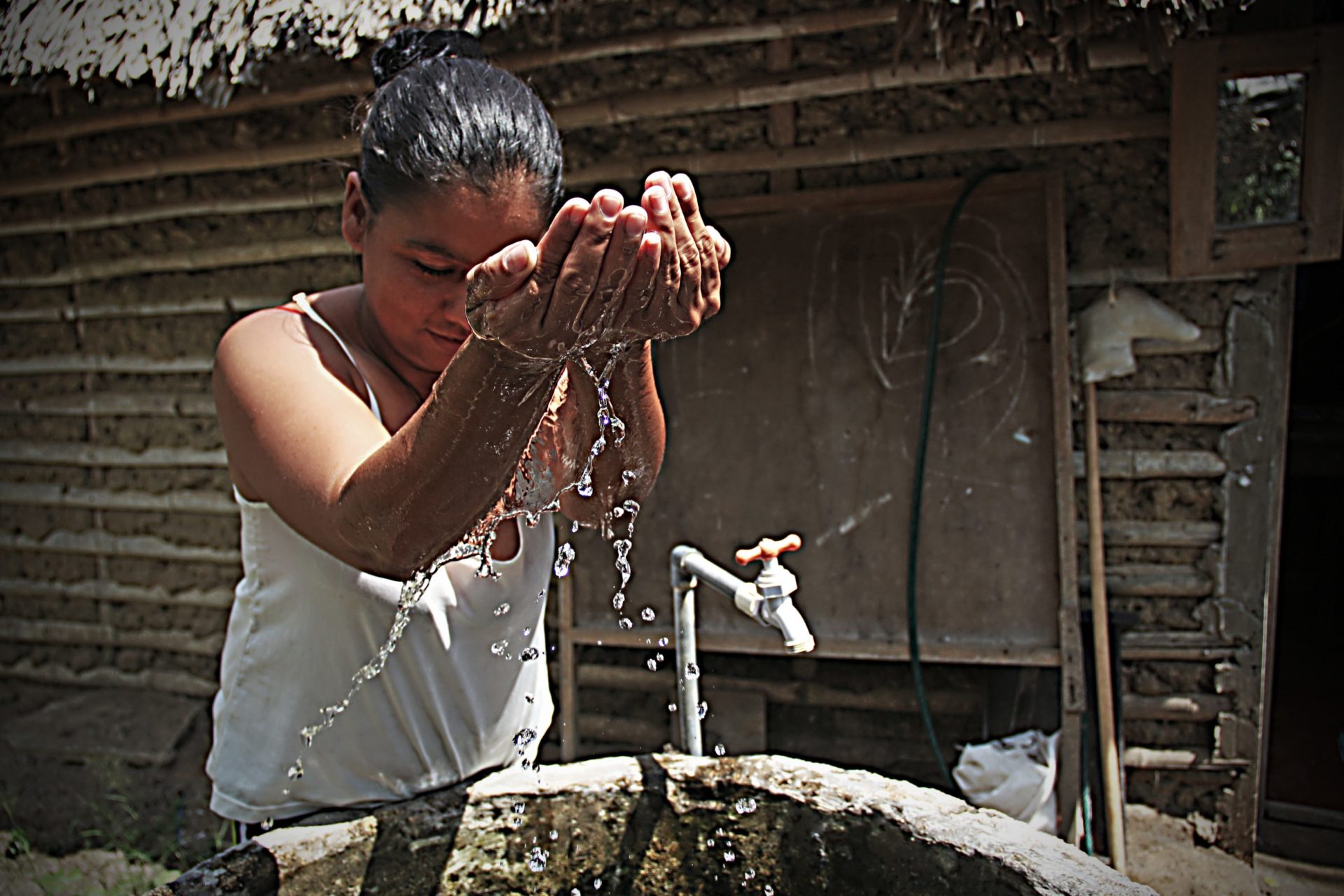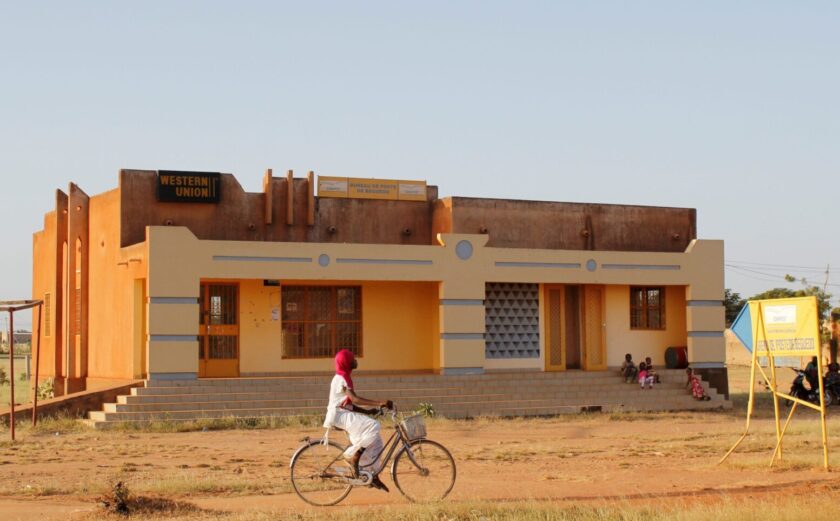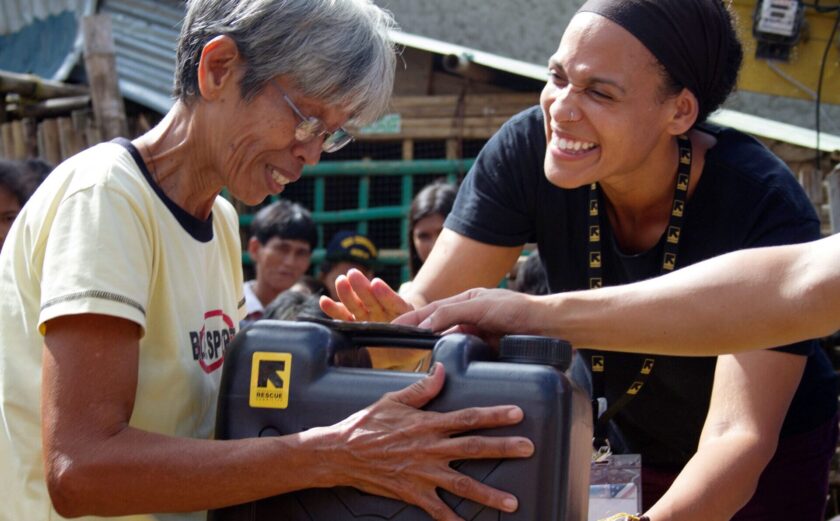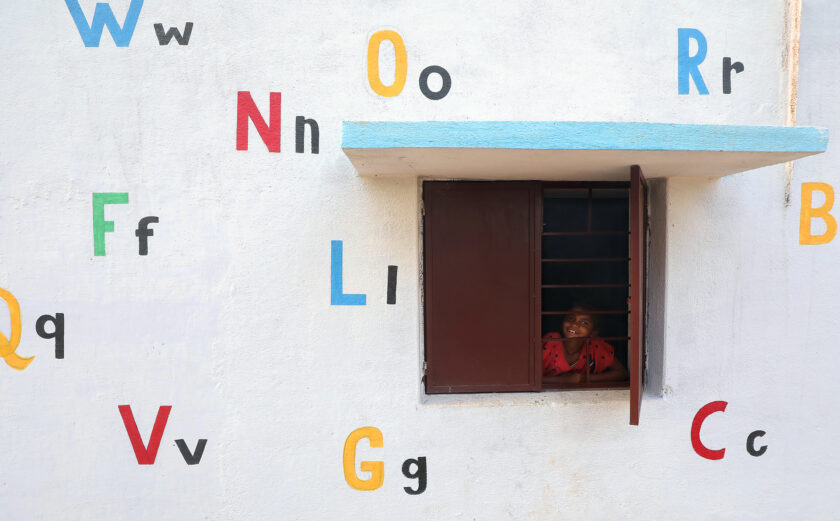
Empowering Communities Through Handwashing & Entrepreneurship
Best Practices from the Field
Last week was National Handwashing Awareness Week here in the U.S., just in time for holiday gatherings and peak flu season. While a little soap and water can help Americans prevent common illnesses like the flu, they also have the potential to dramatically change the lives of people in developing countries.
Diarrheal diseases remain a leading cause of death among children under five, according to the CDC. The vast majority of these illnesses — 88 percent — are due to unsafe water, sanitation, and hygiene (WASH) practices. Researchers have estimated that washing hands with soap and clean, safe water could reduce the global prevalence of diarrhea by as much as 40 percent.
Although handwashing can be a low-cost intervention when safe water is accessible, the practice is often limited by a lack of hygiene education and even the availability of soap.
Training and engaging community leaders in WASH promotion is a standard best practice across the industry. These passionate volunteers often speak at schools or religious institutions, hold community-wide events, and go door-to-door to educate their neighbors on the benefits of healthy WASH behaviors.
Water Mission engages these local leaders in every community where we install a safe water treatment system. In some communities, though, it can be challenging for them to prioritize WASH promotion along with their many other responsibilities, including protecting and providing for their families.
I had the opportunity to sit down with Mike Staub, Water Mission’s social enterprise coordinator, as he shared about the success of a new entrepreneurial approach to investing in our WASH promoters and in ongoing health and well-being of communities in East Africa.
We piloted this model in Kitalale, Kenya, supporting our 12 local WASH promoters with business and technical training that empowered them to use their platforms to launch WASH-related small enterprises. These businesses might include selling hygienic products or safe water containers or investing in vehicles for safe water delivery. In Kitalale, the WASH promoters were eager to make and sell soap, using local techniques that had been passed down for generations.
As we developed a training program for several different communities, Water Mission identified a few best practices for this approach. They include:
- Providing business development training on evaluating customer demand and competition, calculating price, determining operational requirements, planning for profit and cash flow, and more;
- Procuring technical training related to the product(s) selected by community members, such as soap-making;
- Discussing available opportunities for microfinance to ease the burden of procuring initial capital; and
- Partnering with other local organizations, from the government’s chamber of commerce to other NGOs, if helpful to complete the training and/or secure microfinancing opportunities.
It’s been a year since the Kitalale WASH promoters launched their business, and they all remain engaged in making and selling soap as well as conducting hygiene education throughout their community. The team has secured opportunities to sell their soap to a local school, hospitals, and government offices, and are eager to serve as business consultants to train other WASH promoters throughout Kenya.
But most importantly, the 4,000 community members in Kitalale have benefited from the ongoing education about the importance of safe WASH practices. Their health is improving and soap is readily available, thanks to the initiative and enthusiasm of the community’s promoters.
With access to safe water, soap, and education, the people of Kitalale are able to prioritize healthy hygiene and use handwashing to help prevent deadly diarrheal diseases. And our WASH promoters, who play a key role in transforming the health of the community, are able to earn money through their creativity and passion.








